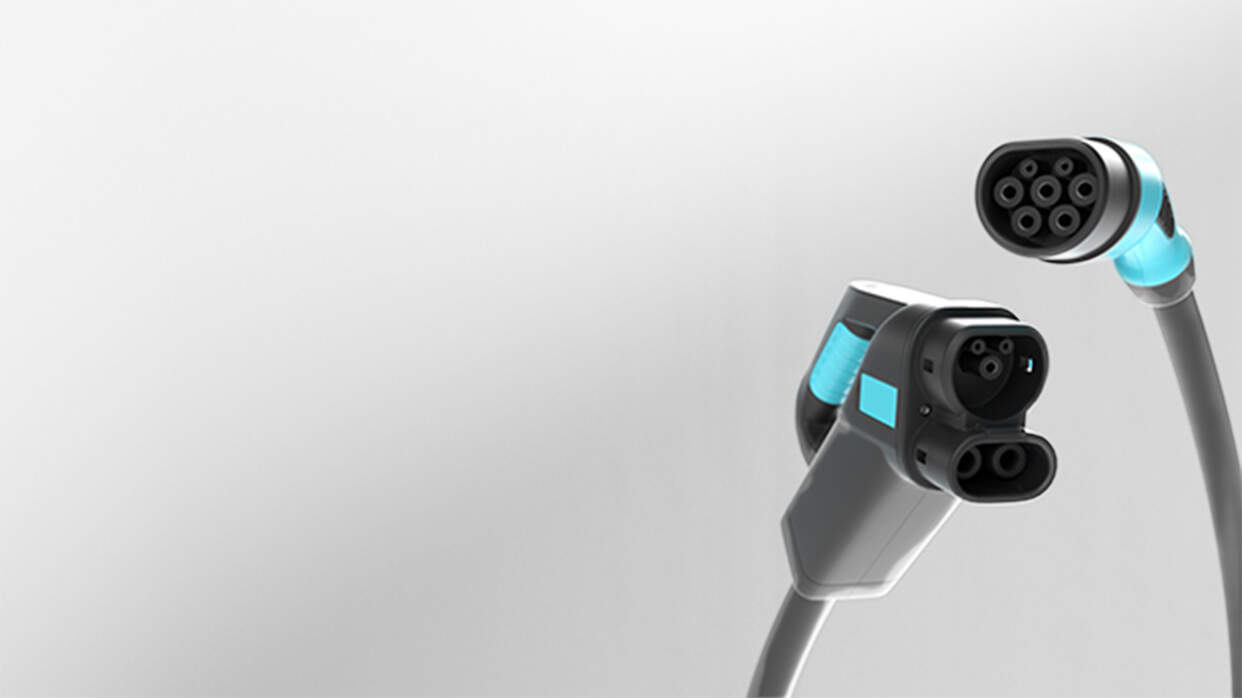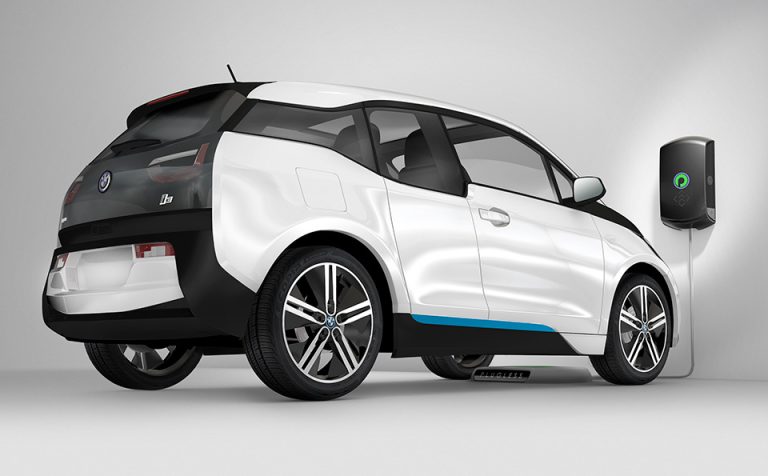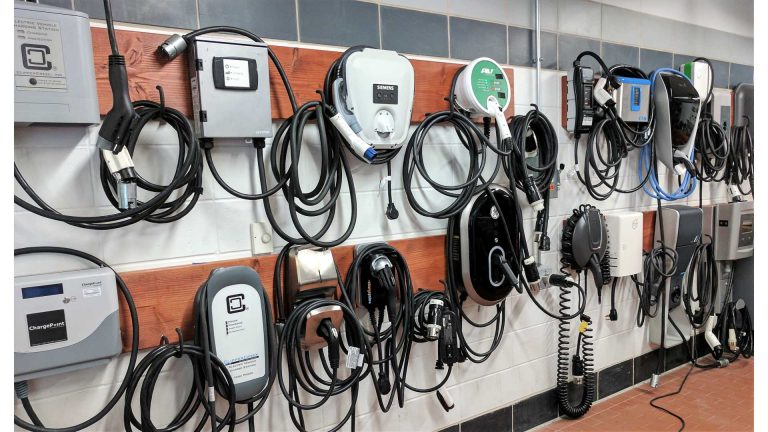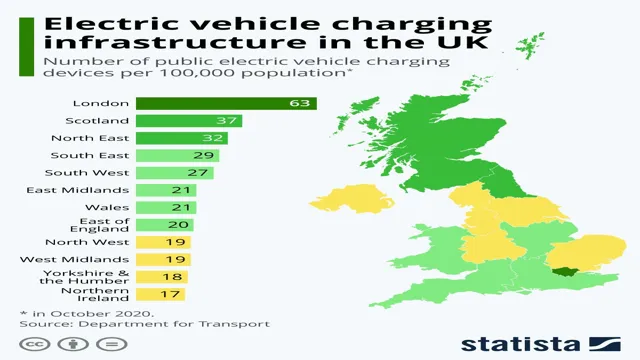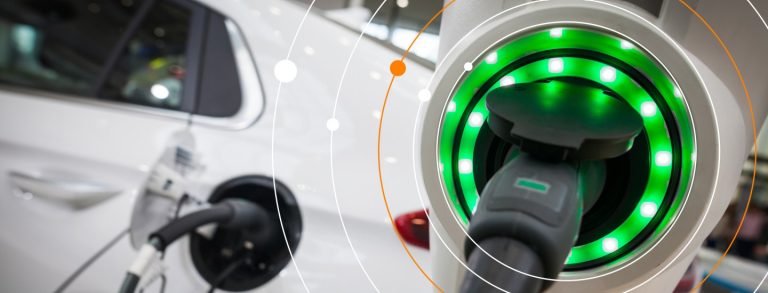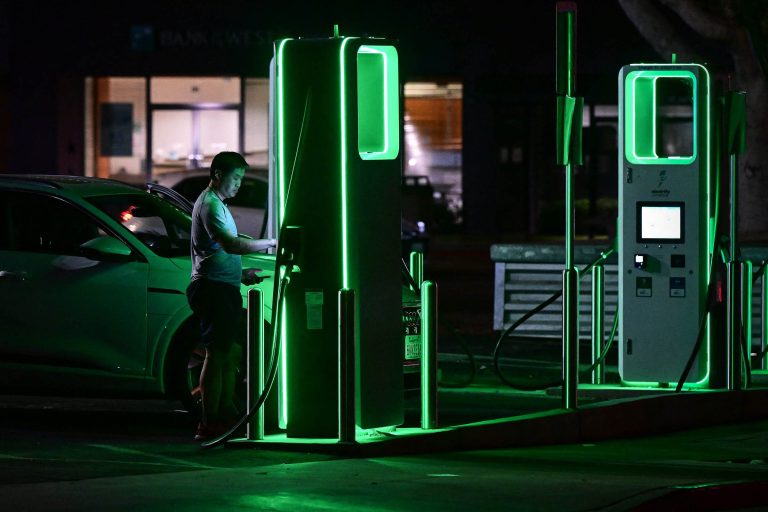Kia Electric Car Charger : Fast Charging Solutions
With the rise of electric vehicles (EVs) in the automotive industry, the need for efficient and reliable electric car chargers has become increasingly important. Kia, a well-known and trusted automotive brand, has also stepped into the electric vehicle market with its range of EVs. In this guide, we will take a detailed look at Kia electric car chargers, including the different types available, installation process, and important considerations for Kia EV owners.
Types of Kia Electric Car Chargers
There are three main types of electric car chargers for Kia EVs:
Level 1 Charger
The level 1 charger is the most basic type of electric car charger and is typically included with the purchase of a Kia electric vehicle. It can be plugged into a standard 120-volt outlet and is suitable for overnight charging. However, it is the slowest option and may take a significant amount of time to fully charge the vehicle.
Level 2 Charger
A level 2 charger requires a 240-volt power source and is capable of charging a Kia electric vehicle at a much faster rate than a level 1 charger. These chargers are commonly found in residential settings and are ideal for homeowners who want quicker charging times without the need for extensive electrical upgrades.
Dc Fast Charger
DC fast chargers, also known as level 3 chargers, are the fastest option for charging a Kia electric vehicle. These chargers are typically found at public charging stations and can provide a significant amount of charge in a short amount of time, making them ideal for long-distance travel or quick top-ups.
Installation Process
When it comes to installing a Kia electric car charger, there are a few important steps to consider:
- Assessment: Before installing a charger, it’s important to assess the electrical capacity of your home or desired installation location. This will help determine the type of charger that is suitable for your needs.
- Professional Installation: For level 2 and DC fast chargers, it is highly recommended to hire a qualified electrician for the installation process. This ensures that the charger is installed safely and in compliance with local electrical codes.
- Permits and Approvals: Depending on your location, permits and approvals may be required for the installation of an electric car charger. Be sure to check with local authorities to ensure compliance with regulations.
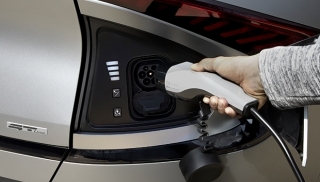
Credit: press.kia.com
Considerations for Kia EV Owners
As a Kia EV owner, there are several important considerations to keep in mind when using an electric car charger:
- Charging Location: Consider the most convenient and practical location for installing a charger, taking into account factors such as parking space availability and accessibility to electrical outlets.
- Charging Speed: Assess your daily driving needs and charging habits to determine the most suitable charger type for your lifestyle. Level 2 chargers are often recommended for their balance of charging speed and convenience.
- Charging Networks: Familiarize yourself with public charging networks and the locations of DC fast chargers for long-distance travel. This can help alleviate any range anxiety and make EV ownership more convenient.
Conclusion
Investing in a reliable and efficient electric car charger is essential for Kia EV owners looking to maximize the convenience and benefits of electric vehicle ownership. By understanding the different types of chargers available, the installation process, and important considerations for EV owners, you can make an informed decision that best suits your needs and lifestyle.
Whether it’s the convenience of a level 2 charger at home or the ability to utilize fast charging networks for long journeys, the right electric car charger can enhance your Kia EV driving experience, making it a sustainable and enjoyable choice for modern transportation.
